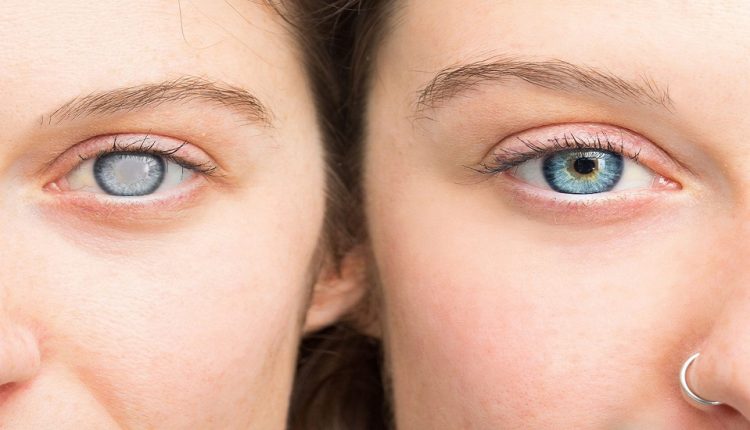A cataract is a film that forms over the lens of the eye and can lead to blindness if left untreated. As with any medical condition, common misunderstandings give way to myths. Our job is to debunk these myths and provide you, our valued readers, with information and tips that bring clarity.
Knowing which symptoms to look out for and what’s fact from fiction when it comes to cataracts will serve you well in the long run.
Symptoms Of Cataracts
Cataract symptoms include blurry vision, light sensitivity, poor night vision, difficulty with reading and worsening vision even with your prescribed glasses or contact lenses. For a more detailed overview have a look at this helpful information on cataract symptoms.
Common Myths: Debunked
- Cataracts only affect the elderly- The truth is that cataracts can affect people younger than the average eighty-year-old. There are other kinds of cataracts as well that can develop as a result of an injury or glaucoma, affecting people of any age.
- Cataracts can only be treated with surgery – The truth is that for people with less severe symptoms treatment can range from new glasses to magnifying lenses. Surgery is not always the only viable option.
- Cataracts cannot be prevented- Not true. eating a healthy diet, wearing UV-protective sunglasses and taking daily supplements are all preventative measures you can take.
- Cataract surgery is a painful experience- No, it isn’t. Cataract surgery is one of the most frequently performed surgeries and can be performed in an hour.
Tips For Managing Cataracts
- Live and maintain a healthy lifestyle.
- Have frequent check-ups and consider surgery if necessary
- Avoid harmful ultraviolet light and wear UV-protective sunglasses when outdoors in bright sunlight
- Swap your prescription glasses for a new pair when necessary
- Drink supplements, especially those that are good for your eyesight.
Having a clear understanding of what cataracts and how they are treated will minimize the fear that often accompanies such diagnoses. It will also help you make well-informed lifestyle and medical decisions.
Always be sure to check out the credentials of the eye clinic you visit and seek the advice of a reputable eye specialist should you suspect that you or a loved one may be suffering from symptoms of cataracts.


Comments are closed.